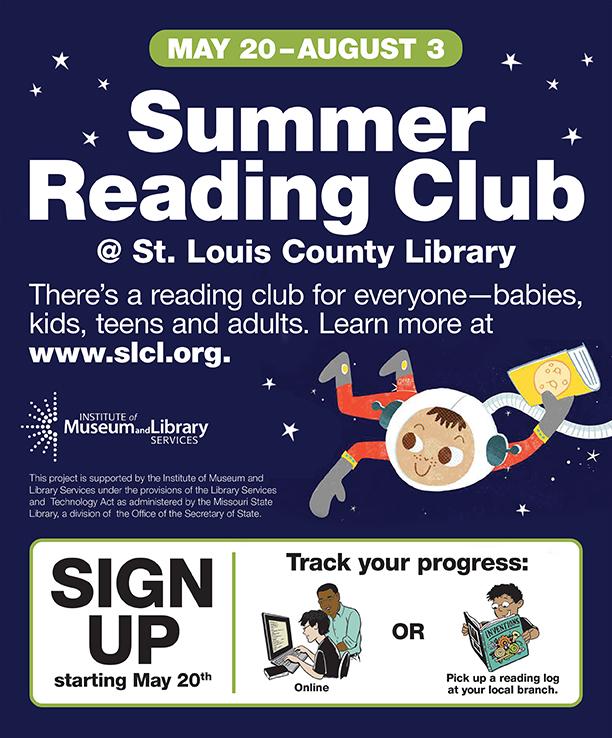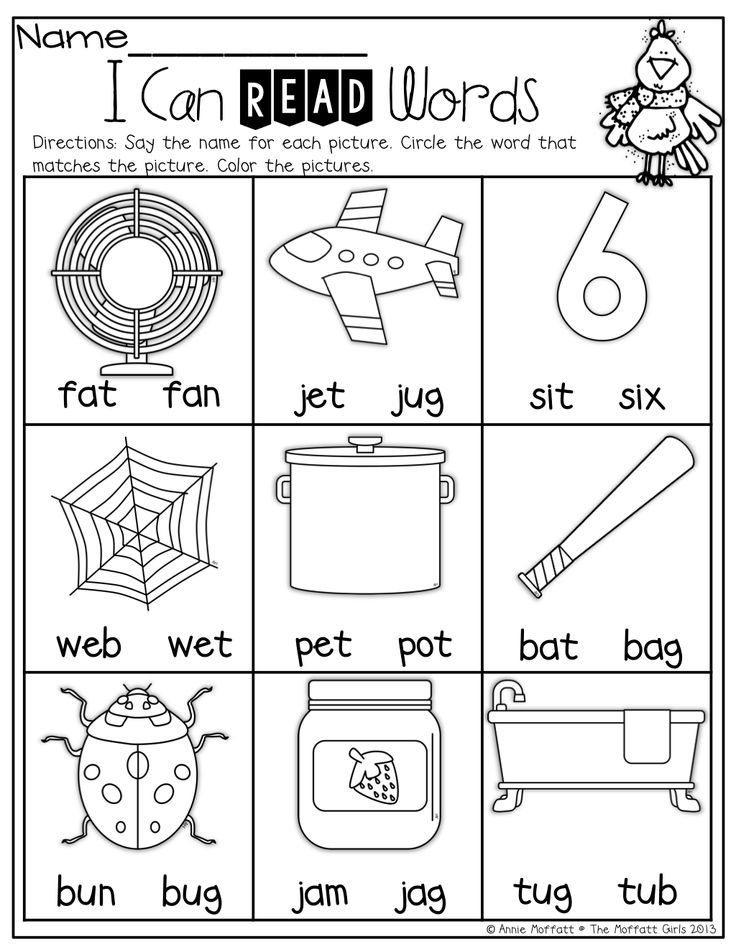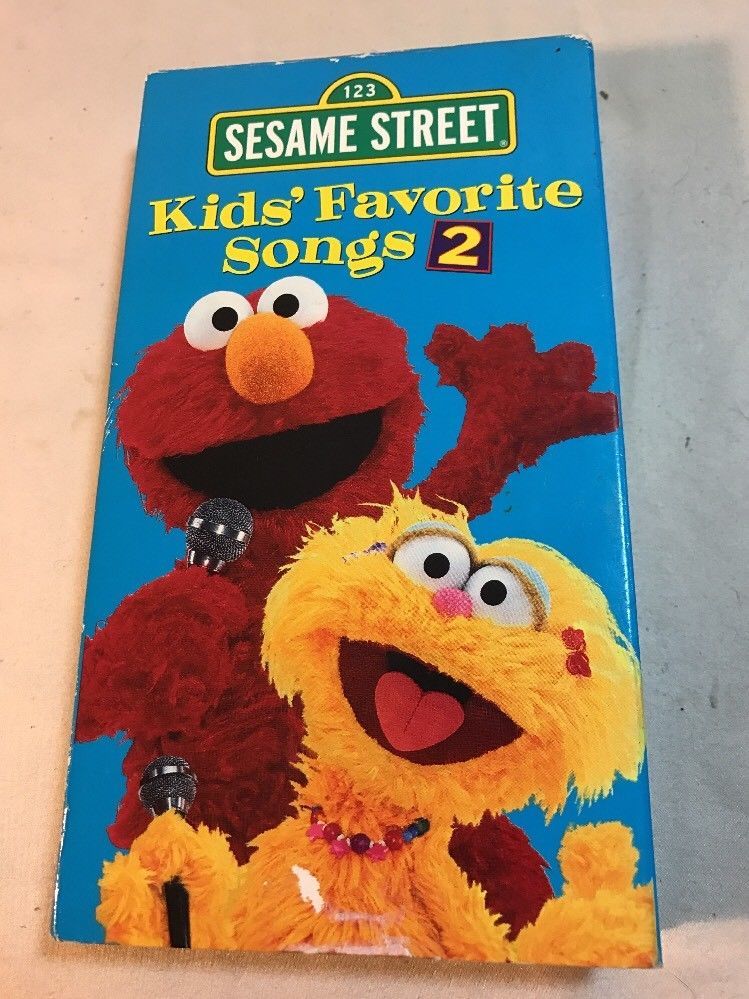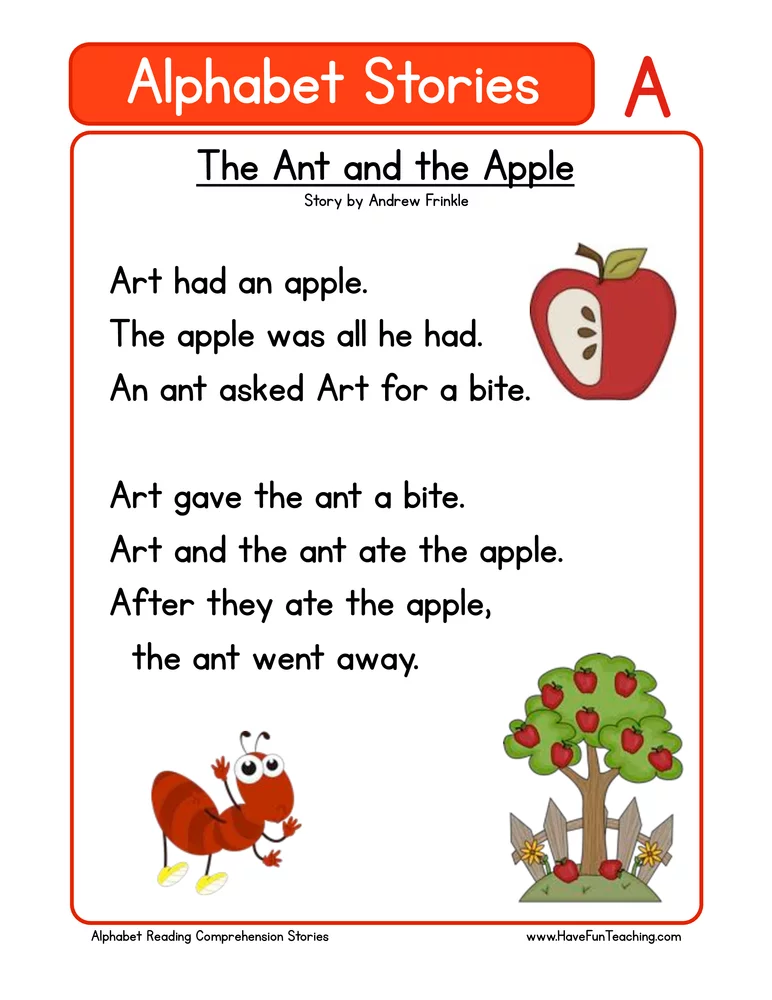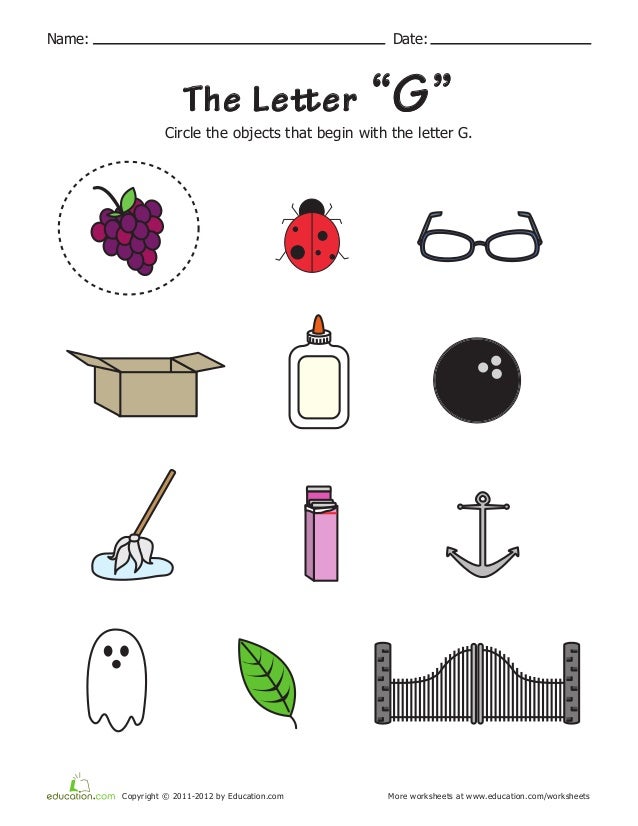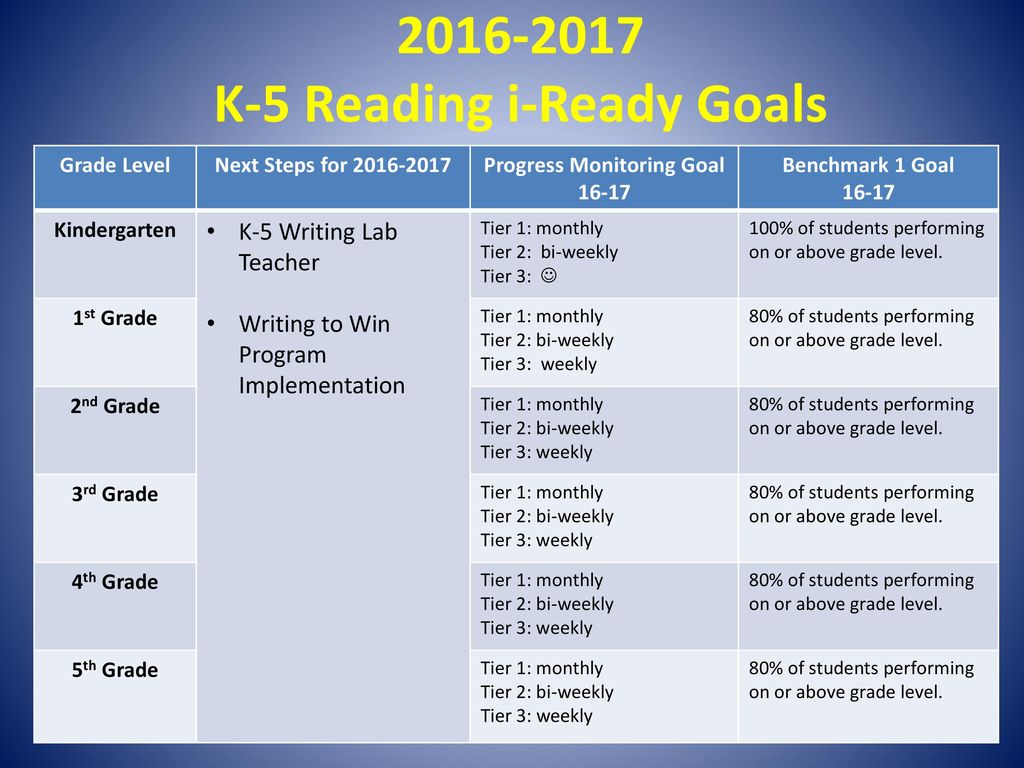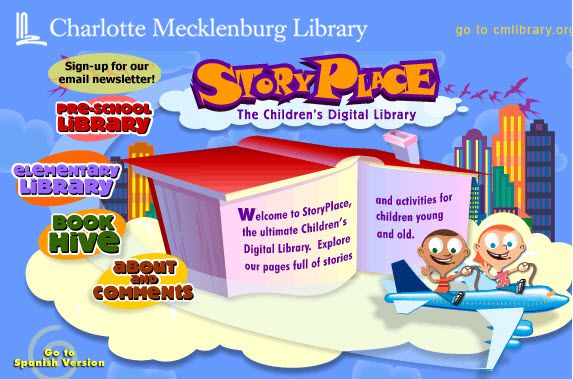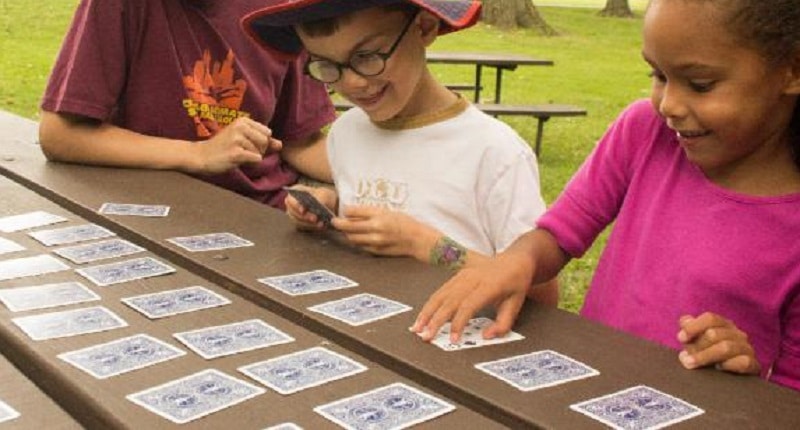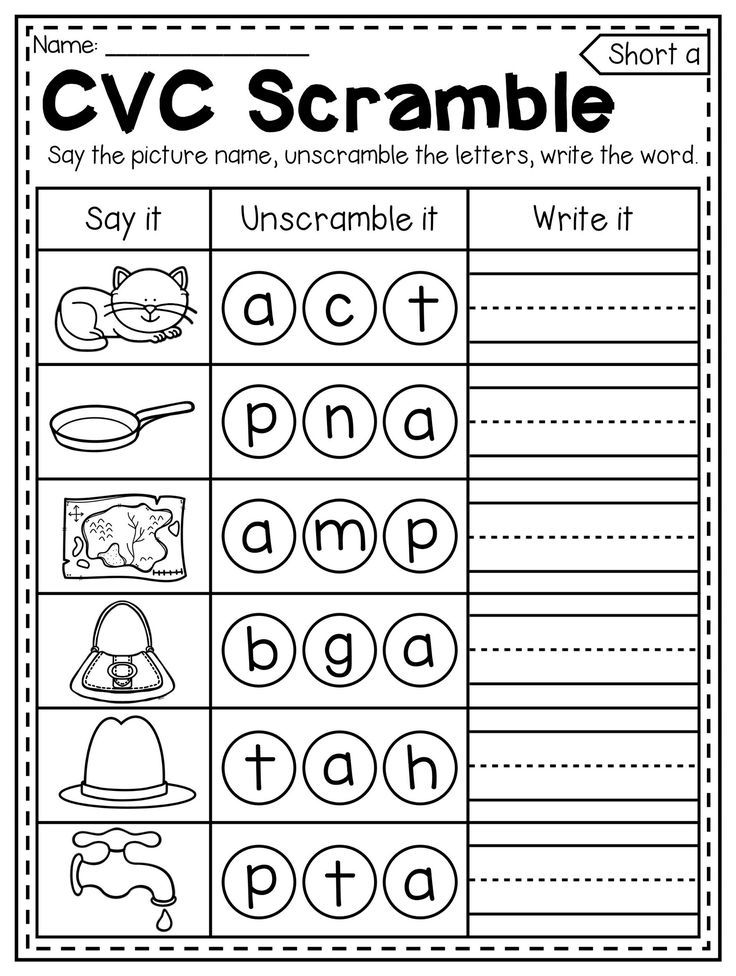Educational reading programs
15 Effective and Engaging Online Reading Websites and Programs That Kids Need
Over the last few years, digital learning technology has boomed. Now, more than ever, you can find high-quality educational programs online — and many of them are free!
If your pre-k, kindergarten or elementary child needs extra reading practice, put those tablet screens to good use and check out an online reading program.
These free or low-cost reading websites and apps feature digital libraries to help learners master letter sounds, sight words and reading comprehension without frustration.
Online reading programs are an excellent way to ignite a lifelong love of reading. Once a child can read, they can go anywhere on their reading journey. So let’s go!
Assess your child’s reading level before jumping in
Before you get started with an online reading program, it’s important to know your child’s current reading level, which may or may not line up with their grade level.
If your child is in a traditional school, check with their teacher. They should be able to give you a breakdown of where your child is and what they need to work on.
If you’re homeschooling, start slightly below where you think your child is. Jumping too far ahead is likely to cause frustration, but lessons kids can quickly run through are confidence-boosting when starting out. Since many programs are gamified and interactive, the excitement of “winning” will help encourage more reading time.
Just be sure to not go too simple. If your preschooler is mastering digraphs (two-letter sounds like sh, ph, or oo), starting them on the more basic phonics can quickly get boring. Take some time to read with your child or watch them complete a few lessons of their online program and you’ll quickly gather an idea of where they are in their learning.
No matter your child’s current reading level, don’t be afraid to tackle books above their level together. Reading aloud is a great way to expose children to new words and interesting stories.
Reading aloud is a great way to expose children to new words and interesting stories.
A love of reading is built on fantastic stories . Reading with you, or even listening to audiobooks, are great ways to encourage a love of books — especially if your child encounters frustrations while learning to read solo.
The 15 best online reading programs to help build comprehension
Here are our top 14 picks for online reading programs. From phonics instruction to vast digital libraries, these online reading resources will keep kids excited about learning!
1. Prodigy English
Prodigy’s brand-new adventure introduces kids to a world filled with adventures, wishes and more ways to practice reading and language skills.
As your child plays, they’ll answer questions that help them gain more energy. Players can use their energy to gather resources from an open world, craft items, earn coins and build their very own village!
Prodigy English is a great way to motivate kids to practice their language skills in a fun, engaging environment.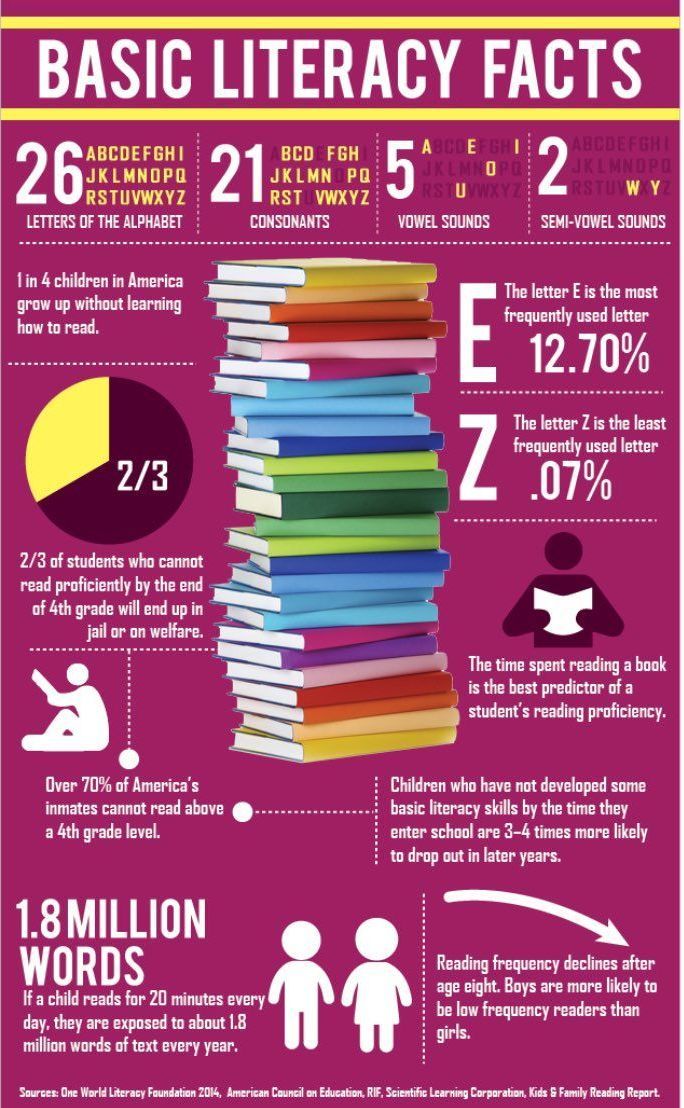 Create a free parent account to get started today.
Create a free parent account to get started today.
Price: Free, with optional paid Membership
Sign up now2. Starfall
Starfall is an excellent reading program for younger students, from pre-k through 3rd grade. It uses cute animated characters, songs and interactive games to teach phonics basics.
Starfall is particularly great for helping kids with reading challenges, such as dyslexia. It’s untimed and stress-free, and uses plenty of positive reinforcement to help build up childrens’ reading confidence.
Price: access some free content, or unlock all resources for $35 USD per year.
3. Epic
If your child is starting to read on their own, give them access to unlimited books with the Epic reading library. Epic is great for beginning readers, and will grow with your child as their reading improves.
This online tool recommends books based on your child’s reading level and interests.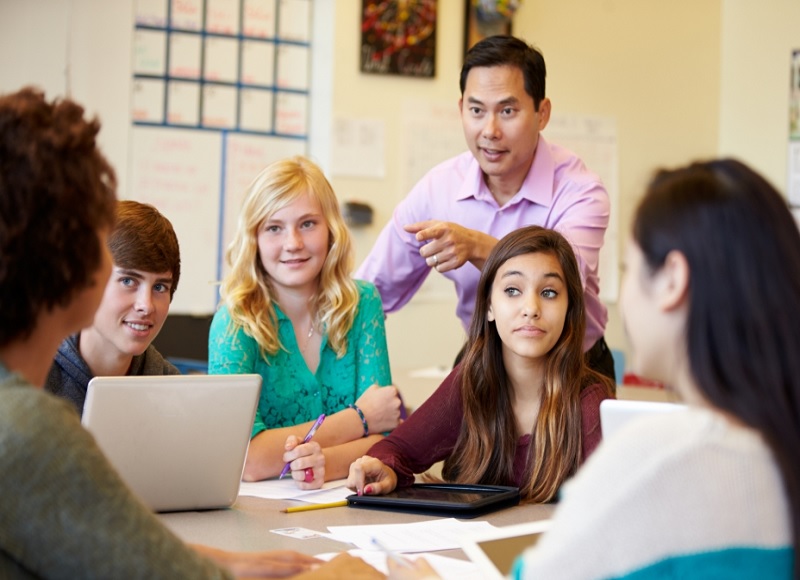 It offers a selection of “read to me” books, with an easy-to-use dictionary feature to help their skills grow. Your child will be encouraged to continue reading as they earn badges for their achievements!
It offers a selection of “read to me” books, with an easy-to-use dictionary feature to help their skills grow. Your child will be encouraged to continue reading as they earn badges for their achievements!
Price: basic membership includes one free book every day. Unlimited plans are $9.99 USD per month or $79.99 USD per year.
4. Storyline Online
You know the importance of reading aloud to your kids, but some days it’s hard to find the time. Not to worry — with Storyline Online, your child can enjoy books read by some of the biggest celebrities in Hollywood.
Each story includes an animated video to accompany the actor. There’s also an included activity guide to help you discuss the story together!
Price: Free
5. ABCYa
This reading program’s educational games cover a wide range of subjects, including early reading and language arts. Explore games by subject and age level, from pre-k to 6th grade.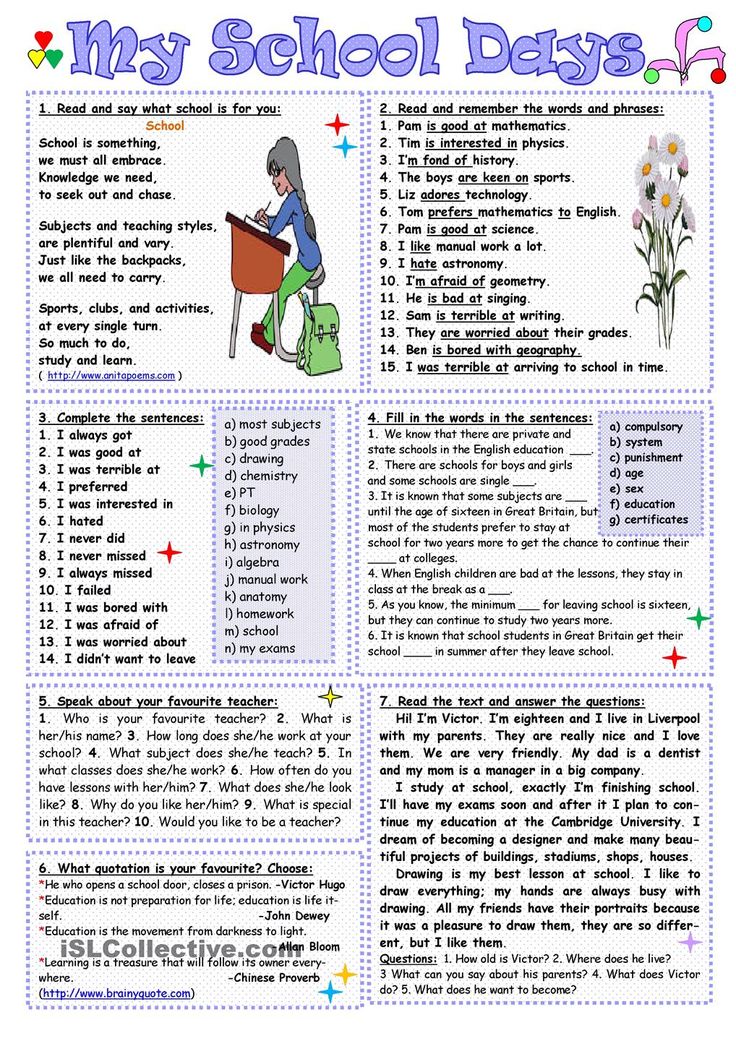
Some features are available for free, but for ad-free play and an improved mobile experience, you’ll need a premium plan. Luckily, the website lets you explore all of its learning games before committing to a paid plan.
Price: ABCYa offers a free plan with ads, or purchase a premium plan for $9.99 USD per month or $69.99 USD per year.
6. ReadWorks
If you’re a teacher or a homeschooling parent, you need to explore this reading website.
ReadWorks has a variety of engaging, well-written text to correspond with whatever your K-12 child is studying. These topics cover both non-fiction and literary assignments, complete with question sets and vocabulary practice.
And if your child is struggling with reading, ReadWorks provides a feature called StepReads. This presents the same information as the original text, but in a simpler way. Instead of “dumbing down” the topic, ReadWorks teaches the same material (including vocabulary words), no matter your child’s reading level.
Price: free
7. StoryPlace
StoryPlace is designed to bring the library story time experience home. Perfect for pre-k children, this reading website combines stories with movement, activities and songs.
The videos accompanying each book are bright and colorful, and a crafty hands-on activity is suggested with each story. If you have littles, give this free resource a look.
Price: free
8. Oxford Owl
If you want to help your child learn to read, visit Oxford Owl for some amazing, confidence-boosting guides for parents. These guides break down how phonics works, share learning at home tips and explain reading comprehension milestones from pre-k to age 11.
And don’t forget to explore their free digital library with a huge variety of tablet-friendly reads!
Price: free
9. PebbleGo
PebbleGo is a research resource for early elementary children. It has a variety of texts on animals, science and history with a read-along feature for struggling readers.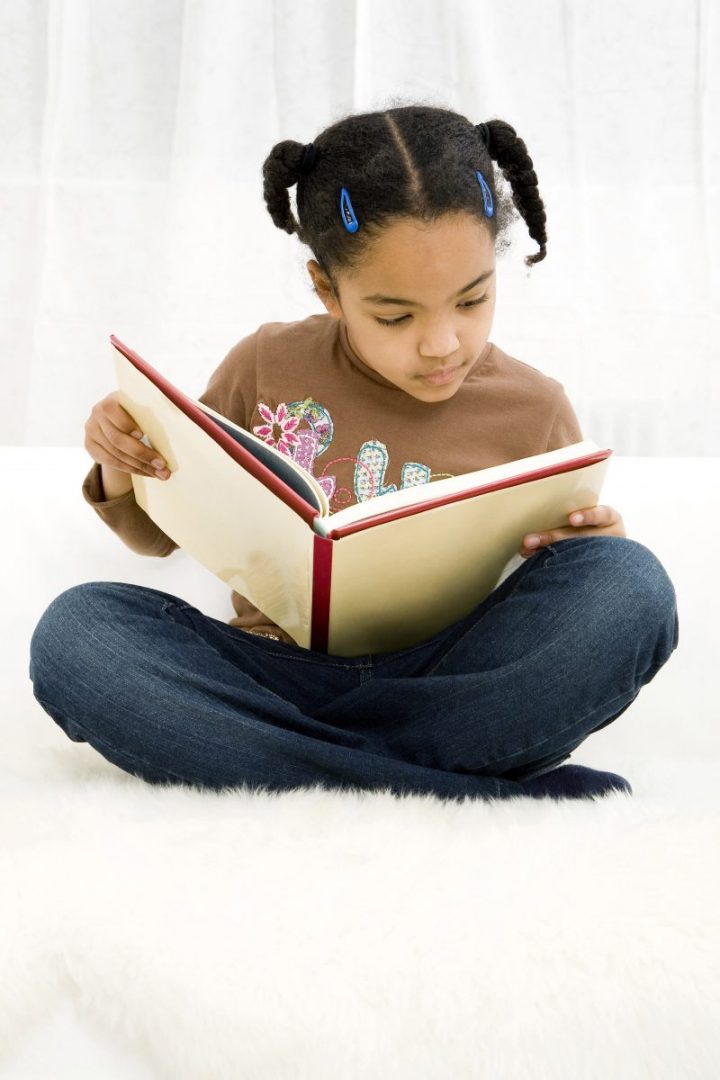 However, this online resource requires a school sign-on code. Check it out and suggest it to your local school to gain access to this wonderful online library.
However, this online resource requires a school sign-on code. Check it out and suggest it to your local school to gain access to this wonderful online library.
Price: available at home for free with plans available for a schoolwide subscription.
10. Storynory
If your struggling reader loves a good story, keep that love alive with audiobooks.
From classic fairy tales to Greek myths, your child can explore the world with a wide variety of audiobooks from Storynory.
Each book includes a transcript so kids can follow along. The website has quite a few ads, but all stories can be downloaded to keep your child listening ad-free. Or try their app for an ad-free display.
Price: free
11. Vooks
Vooks wants to help your child get excited about reading. It combines great stories with beautiful animation to help your child discover the magic of books. It’s the healthy, ad-free screen time you need.
Price: sign up for a 7-day free trial, then pay $4.99 USD per month or $49.99 USD per year.
12. Khan Academy
Khan Academy is still one of the best online learning resources for, well, anything.
For early readers, explore the new Khan Academy Kids! This self-paced, personalized program is perfect for little ones ages 2 to 6.
Or if your older child is looking for extra reading help, head to the original Khan Academy site. You’ll find personalized reading instruction for your 2nd grader and beyond. Practice reading comprehension in a self-paced, safe place and watch them grow.
Price: free
13. Bookshare
Not everyone learns to read at the same time, and some people encounter more barriers to reading than others. Bookshare knows the most important thing is to enjoy the books and learning, no matter the format.
Bookshare provides audiobooks, with highlighted text, to its learners.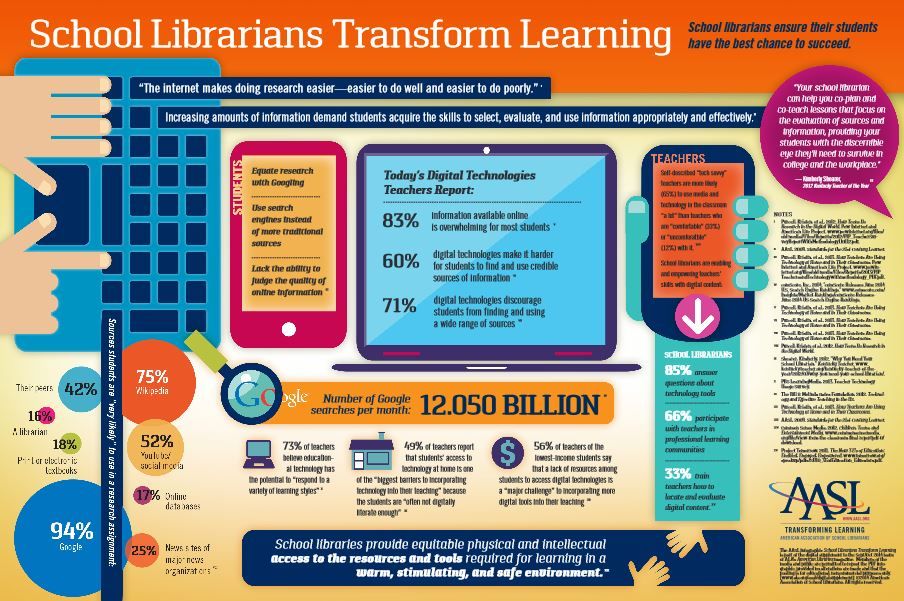 Its library offers over a million titles to choose from, accessible on almost any device.
Its library offers over a million titles to choose from, accessible on almost any device.
Price: free for qualifying US students. Learn more on Bookshare’s website.
14. Funbrain
This engaging reading website offers hundreds of interactive games, books, videos, and printables — all for free!
With popular titles (including those from the much-loved Diary of a Wimpy Kid multi-book collection), your pre-k to 8th grade child will have plenty to read and enjoy.
Browse by grade level and find what you need to keep your child engaged and learning at home.
Price: free
15. Read Write Think
Powered by the National Council of Teachers of English (NCTE), this online reading program is full of amazing resources that are sure to excite homeschooling parents.
Search by grade to find a great curriculum full of extensive lesson plans, activities and printables — all ready to go for your K-12 child.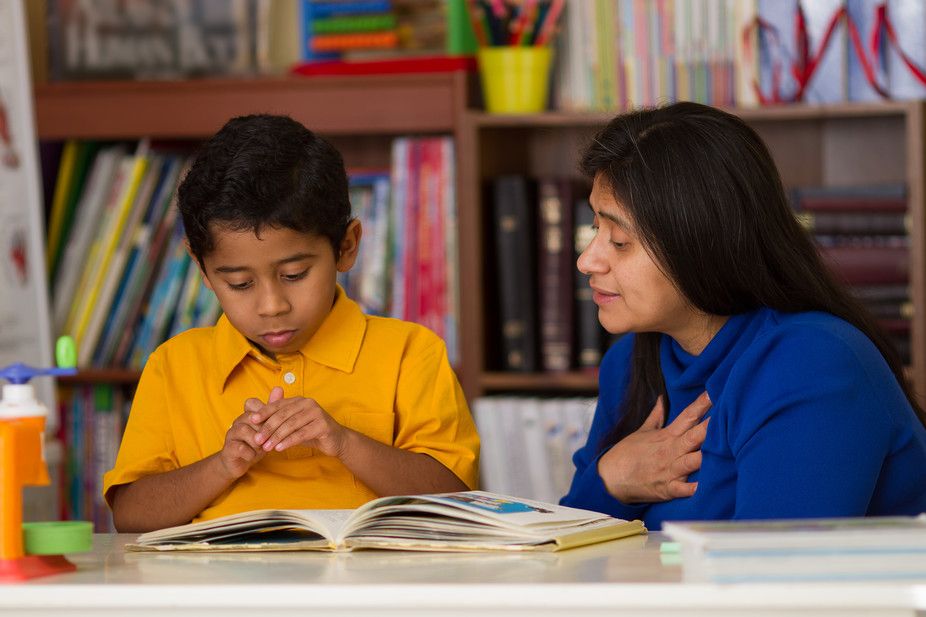
Price: free
How to encourage struggling readers
Every child’s reading journey looks different. For some, reading just takes longer to click.
Keep your child encouraged and promote a love of learning with these tips.
1. Use picture books and visualizing
Even if your child is getting older, picture books will always have their place. Using pictures to improve understanding is a great way to boost your child’s reading confidence.
2. Use audio stories
Books tell amazing stories. From fantasy to nonfiction, there’s so much to learn from a great book. Play audiobooks as your child learns to read, to keep them interested in everything books have to offer.
3. Track student progress
It’s too easy to miss the steps your child has made towards reading if they’re struggling and behind their peers. Take some time to celebrate their progress as they figure it all out.
4. Practice reading aloud
Many kids get nervous reading out loud to others.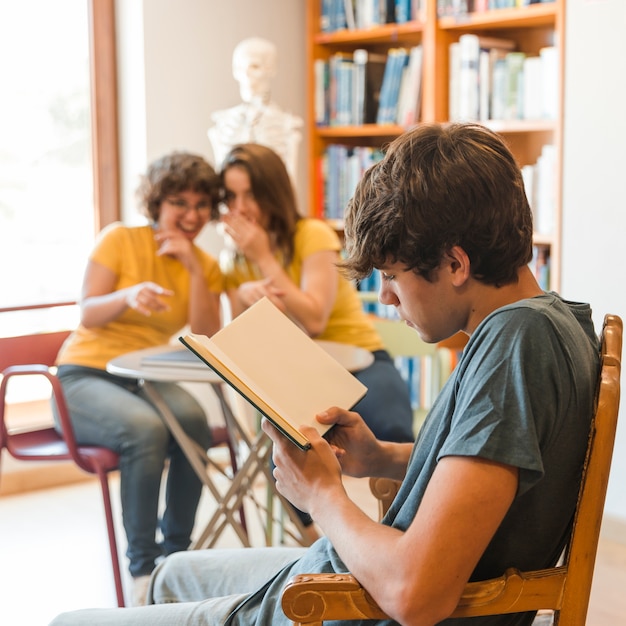 Encourage your child to practice with you to improve their reading skills. And continue reading out loud to your child to help them gain confidence.
Encourage your child to practice with you to improve their reading skills. And continue reading out loud to your child to help them gain confidence.
5. Use quizzes and make them fun
If your child is struggling with reading comprehension, find out what’s not sticking with fun, trivia-style quizzes.
Have prizes ready (ice cream is always a hit), celebrate correct answers with dance parties, and learn together as your child increases their comprehension skills.
6. Encourage kids to teach others
If you have pre-k kids in your home, or friends with younger children, get together for a child-led story time.
Reluctant and struggling readers sometimes need a reminder of how far they’ve come. Suggest acting out the story as they go, to keep everyone active and increase comprehension.
7. Use questions and answers
Read together to help their reading stick, stopping often to review story highlights.
Ask questions like, “how do you think this character is feeling?” or “what do you think will happen next?” to avoid them shutting down or just repeating back the words on the page.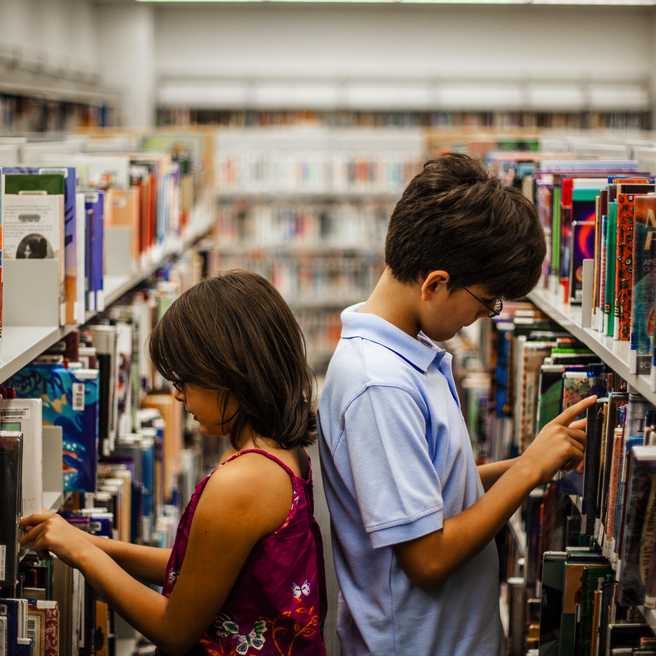
Use educational games to improve reading skills
Technology is a huge part of today’s educational landscape. Children are learning more online than ever before, and multi-sensory, interactive resources are perfect for learners of all types.
Want more online resources to help your child develop their reading skills? Try Prodigy English!
In this all-new adventure, kids can explore and create a world of their very own as they meet new characters, earn coins and build a home. Create your free parent account today!
Sign up now45 Best Reading Websites for Kids (Teacher-Approved)
Fluent reading may be the most important skill anyone can master. Studies show it only takes 15 minutes of practice each day to build fluency, and these reading websites for kids can help. There are options for all ages, helping students learn to read, discover new books, track and share progress, and more. There’s a big selection of free options, but there are some excellent paid sites that schools and parents may want to check out too. All of them can help kids become lifelong readers!
All of them can help kids become lifelong readers!
- Best Free Reading Websites for Kids
- Best Paid Reading Websites for Kids
(Just a heads up, WeAreTeachers may collect a share of sales from the links on this page. We only recommend items our team loves!)
ADVERTISEMENT
These free reading websites give kids practice that won’t break the bank. Get free e-books, games, activities, and more!
ABCya
This site hooks kids through fun games that meet learning standards. In addition to reading, students can brush up on math, science, social studies, arts, and music. A free account gives you basic access with ads. Paid Premium Family and Classroom plans are also available. (Grades Pre-K–6)
Between the Lions
Watch videos from the popular PBS series, including read-along folktales and fables, clever song videos of letter sounds, and more. (Grades Pre-K–1)
Biblionasium
Think of this like Goodreads for kids.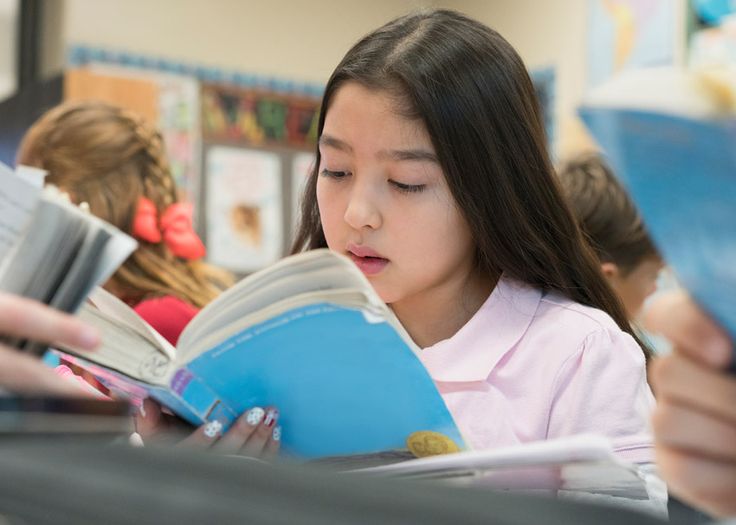 It’s a safe place for reviewing and sharing books, making reading a social adventure. (Grades K–8)
It’s a safe place for reviewing and sharing books, making reading a social adventure. (Grades K–8)
Bookopolis
This is another site that bills itself as “Goodreads for kids,” and it offers similar features. Read kid-friendly reviews, post your own, find recommendations, track reading goals, and more. (Grades K–8)
Bookshare
This fantastic digital library service helps people with print-related disabilities read independently. (Grades Pre-K–12)
CommonLit
This library includes thousands of high-interest, standards-aligned reading passages and lessons. You can search for texts by book, genre, grade level, literary device, and theme. (Grades 3–12)
Dogo News
The kid-friendly news articles on DOGONews make it easy to assign reading. Each article has reading/interest-level guidelines, and you can access the site in English or Spanish. It’s free to assign articles for reading. Paid plans provide discussion questions and quizzes too. (Grades 1–12)
Epic
If you’re looking for reading websites with digital books, this site has thousands of them, along with audiobooks and videos. You’ll find endless popular titles from your favorite publishers. Teachers can track student progress as they read too. Epic is free for teachers and classrooms, with paid plans available for parents. (Grades Pre-K–8)
You’ll find endless popular titles from your favorite publishers. Teachers can track student progress as they read too. Epic is free for teachers and classrooms, with paid plans available for parents. (Grades Pre-K–8)
Explorer Magazine
This amazing compilation of nonfiction has all the quality of National Geographic magazine, leveled and accessible for young readers. (Grades K–5)
Fact Monster: All About Books
Kids who love books will want to check out this site. They’ll find fascinating facts about many of their favorite reads. (Grades 1–8)
Free Rice
Test your vocabulary while earning rice for those in need! Each time you play, you’re helping the United Nations World Food Programme provide food to those around the world who need it. (Grades 2–12)
FunBrain
In addition to learning games and videos, FunBrain has a selection of free books to read online. You’ll find favorites like Diary of a Wimpy Kid and Judy Moody. (Grades Pre-K–8)
Harry Potter Reading Club
This is a must-see for any kid (or adult) who loves the Harry Potter books.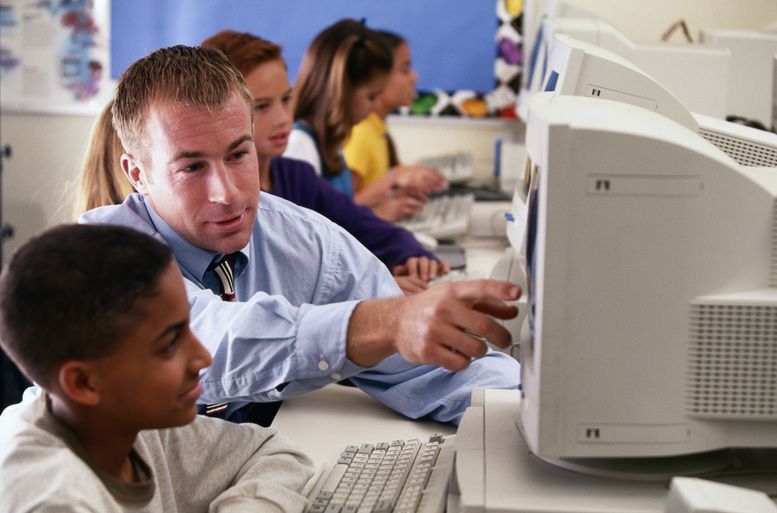 Find regularly updated activities, plus videos, discussion guides, and more for hardcore Hogwarts fans. (Grades 2–8)
Find regularly updated activities, plus videos, discussion guides, and more for hardcore Hogwarts fans. (Grades 2–8)
International Children’s Digital Library
A no-frills site from the University of Maryland, ICDL has more than 4,000 free e-books kids can read online. There are a variety of books in languages other than English too. (Grades K–8)
Into the Book
Into the Book is a reading comprehension site that focuses on reading strategies teachers work on every day. Kids get practice using prior knowledge, making connections, questioning, visualizing, inferring, summarizing, evaluating, and synthesizing. (Grades K–6)
Khan Academy
This is one of the most well-known free learning sites around, and their reading and language arts courses are top-notch. There’s nothing flashy, but kids will get good practice with accompanying lessons and quizzes. (Grades 2–9)
Khan Academy Kids
This reading app and site is designed especially for kids just learning to read. There are supplemental materials for parents and teachers too. (Grades Pre-K–2)
There are supplemental materials for parents and teachers too. (Grades Pre-K–2)
Lalilo
Kids learning to read can benefit from Lalilo’s phonics and reading comprehension activities. The adaptive exercises provide an individualized experience for each student. Free for teachers, with a premium paid edition available for schools and districts. (Grades Pre-K–2)
Oxford Owl
Created by Oxford University Press, this U.K. site has plenty to offer for any kid learning to read. There are free e-books and games, plus tips for parents and teachers. (Grades Pre-K–2)
Reading Bear
Reading Bear teaches beginning readers vocabulary and concepts while systematically introducing all the main phonetic patterns of written English. (Grades Pre-K–1)
Reading IQ
Gain access to several thousand leveled books, including favorites like Curious George and the nonfiction National Geographic Kids titles. Teacher and classroom access is free. (Grades Pre-K–7)
Read Theory
Read Theory offers online reading activities for all ages and ability levels.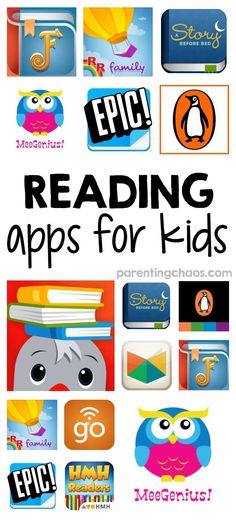 The program adapts to students’ individual ability levels and presents them with thousands of skill-building exercises that suit their needs. (Grades K–12)
The program adapts to students’ individual ability levels and presents them with thousands of skill-building exercises that suit their needs. (Grades K–12)
ReadWorks.org
Get literacy lessons that include comprehension and short passages to analyze. Use them online, via your classroom projector, or print to send work home. (Grades K–12)
Roy: Tale of a Singing Zebra
Kids will enjoy the punctuation, reading, and spelling games on this cute, simple site. You’ll also find online guided reading stories and lesson plans for teachers. (Grades Pre-K–2)
Scholastic Kids Press
Students will love reading news articles written by other kids just like them! This regularly updated site includes articles on current events, with kid reporters from around the globe. (Grades 4–8)
Spelling City
If you’re looking for reading websites that help kids improve their spelling and vocabulary, this one takes only 10 minutes a day. Not only will they learn words, they’ll remember them long-term! (Grades 1–6)
Storyline Online
Storyline Online features videos of read-alouds by celebrities with creative illustrations.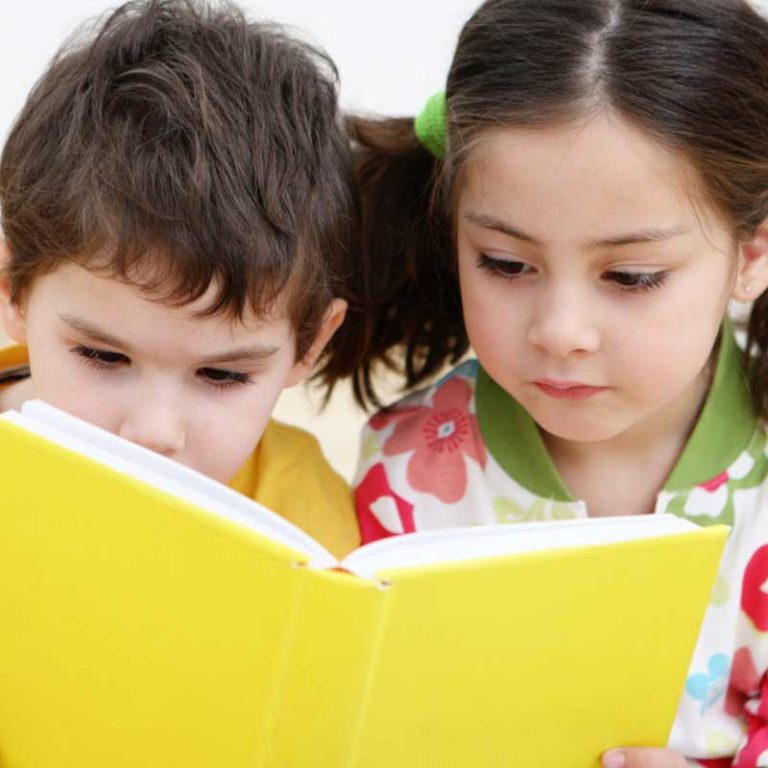 Each book also has a supplemental curriculum for teachers and parents to use. (Grades Pre-K–4)
Each book also has a supplemental curriculum for teachers and parents to use. (Grades Pre-K–4)
StoryPlace
Get the experience of going to the library without leaving the house at StoryPlace. Find animated videos of stories, with activities, sing-along songs, and more. (Grades Pre-K–1)
Story Time From Space
What’s better than a read-aloud? A read-aloud done by someone in space! This reading website features real astronauts reading books they love, often with a STEM theme. (Grades Pre-K–5)
Teaching Kids News
TKN provides readable, teachable news articles for kids. You’ll also find media literacy activities and tips on how to discuss challenging news topics with kids. (Grades 3–8)
Tween Tribune by Smithsonian
The Smithsonian provides quality content on a variety of nonfiction topics, with something to engage every interest. You can change the Lexile reading level on each article to differentiate for student needs too. (Grades K–12)
Vooks
Vooks bills itself as the first streaming service dedicated to animated storybooks. There’s a small free collection of books, plus teachers get classroom access for one device at no cost. Parents can pay a monthly fee for access. (Grades Pre-K–2)
There’s a small free collection of books, plus teachers get classroom access for one device at no cost. Parents can pay a monthly fee for access. (Grades Pre-K–2)
Sometimes it’s worth it to invest in a learning program. These are some of the best ones around, according to teachers and parents.
ABC Mouse
ABC Mouse offers learning that spans the curriculum. Their reading program starts at the very beginning with the alphabet and takes kids through to fluent reading and writing. (Monthly or annual subscription after 30-day free trial; Grades Pre-K–2)
Adventure Academy
Brought to you by the same folks who created ABC Mouse, Adventure Academy offers reading practice for older kids. They can also work on math, science, and more. (Monthly or annual subscription after 30-day free trial; Grades 3–8)
Amplify Reading
Students take on a series of personalized quests as they learn and practice reading. The characters and story lines keep them coming back for more.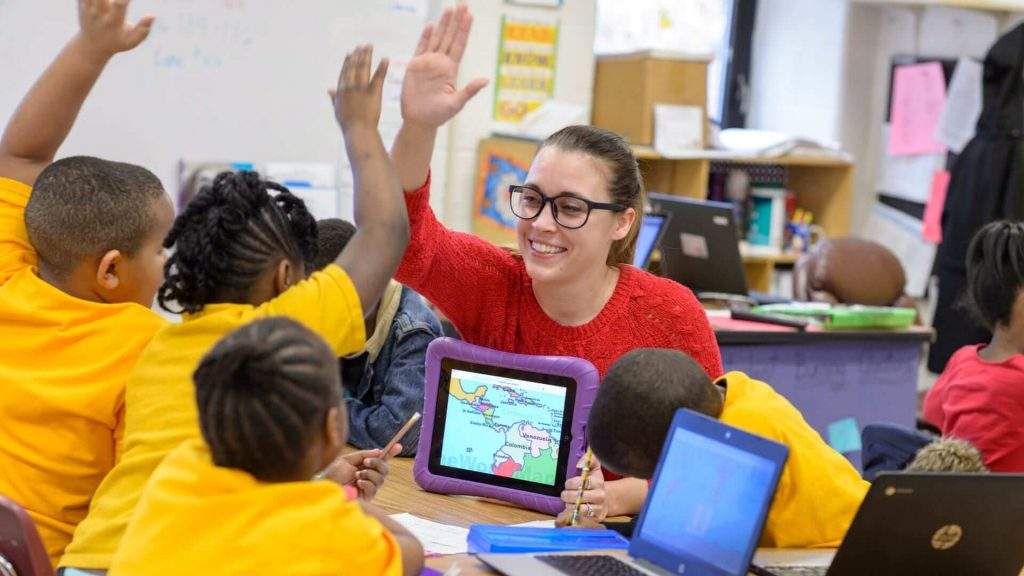 (Contact for pricing; Grades K–5)
(Contact for pricing; Grades K–5)
HOMER
HOMER promises to create a personalized reading program for every child, based on their interests and current skill levels. Membership also includes access to 200+ interactive animated stories, with a whole section dedicated to favorite Sesame Street characters. (Monthly and annual subscriptions after 30-day trial; Grades Pre-K–2)
IXL
IXL’s personalized learning experiences cover a variety of subjects. Their language arts curriculum includes spelling, vocabulary, phonics, and more advanced topics. (Family, Classroom, and School/District pricing available; Grades K–12)
MagicBlox
This collection of e-books includes titles from around the world in a variety of languages. It’s always growing as publishers and authors upload their new books. (Individual and school subscriptions available; Grades K–8)
PebbleGo
Teach younger students the right way to research with PebbleGo. You can be sure they’re using safe, reliable resources as they learn about subjects like animals, biographies, and more. (Annual subscriptions by school; Grades K–3)
(Annual subscriptions by school; Grades K–3)
Reading Eggs
Play games, sing songs, and practice reading, vocabulary, phonics, and more. Looking for help for older kids who need additional practice? Check out Reading Eggspress. (Monthly or yearly subscription after 30-day free trial; Grades Pre-K–6)
Starfall
This site teaches children to read with the help of phonetics. Kids sing songs to help them learn and get lots of practice putting it all together. (Yearly membership fees; Grades Pre-K–3)
TeachingBooks
Help students make deeper connections to books with author interviews, read-aloud videos, activities, and more. (Yearly license fees; Grades K–12)
TumbleBook
This is a cool reading website for schools, offering talking animated picture books that kids will truly love. School accounts provide access to every computer in every classroom. You can also offer home access through your school website. (Annual subscription; Grades K–8)
Vocabulary A-Z
Give kids vocab practice with customizable word lists.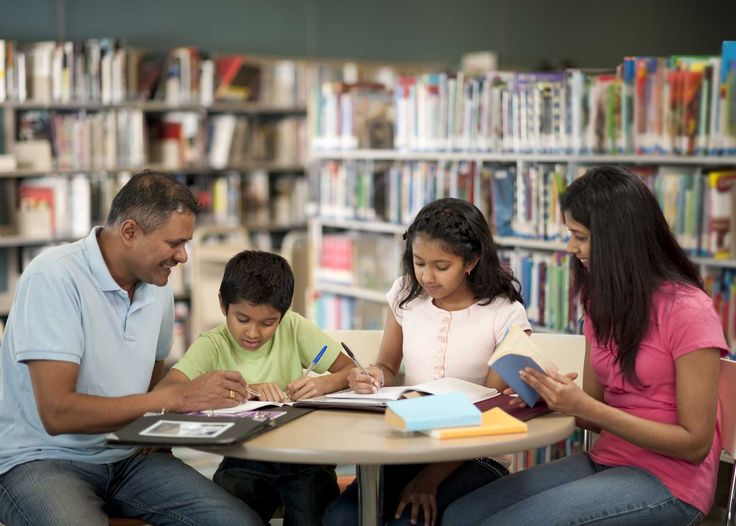 Students can play games online, while teachers can get lessons and printables to support the learning. (One-time purchase; Grades K–5)
Students can play games online, while teachers can get lessons and printables to support the learning. (One-time purchase; Grades K–5)
Whooo’s Reading
Get your students thinking with open-ended quiz questions that provide a strong alternative to multiple-choice questions. Students get feedback as they write, including reminders to cite evidence and answer all parts of the question. (Free basic trial membership, with premium annual subscriptions for teachers and classrooms; Grades Pre-K–12)
What’s on your list of the best reading websites for kids? Share your ideas in our WeAreTeachers HELPLINE group on Facebook.
Plus, check out the best reading apps for kids.
"Modern programs of literary reading", presentation at the regional seminar "Formation of universal educational activities in the context of the implementation of various educational programs" on the basis of the Nizhnekamsk branch of the Institute of Economics and Technology (Kazan).
Modern literary reading programs
literary reading as a subject in the lower grades, precedes the initial course of literature in the main school, which continues in the senior classes, built on the historical and literary basis.
Analysis modern numerous programs on literary reading for grades 1-4, and also school practice allows us to name a number of specific features literary reading in elementary school, which, on the one hand, make it the first step in the lifelong literary education of a schoolchild, and on the other hand, allow solving traditional elementary school educational tasks.
Selection of educational material, i.e. texts, intended for reading in primary grades, must be carried out with considering them aesthetic value. Suggested for reading works of art, time-tested, included in the treasury Russian and foreign literature, works of classical children's literature and works from the traditional circle of children's reading. Language tools, which used in readable works should not overshadow the child content, i.e. form work must be available to kid.
Support on the child's personal experience.
Reading process is associative in nature, therefore the depth of perception of artistic works depends on the reader's and everyday experience of the individual.
Apprentice primary school does not have rich experience. Therefore, working on work it is necessary to help the child artistically rethink it.
Not allowed lose sight of the child's reading experience. In preschool they beat listeners of works of art: adults read them fairy tales, fables; children know many works of children's poetry by heart; they know such names like K. Chukovsky, S. Marshak.
Such works should first of all be read and analyzed in the classroom literary reading. Meeting this requirement will help overcoming the barrier between the teaching and the life of the child, the teaching will be perceived them as a necessary and interesting part of his personal life.
Enriching the child's personal experience.
Certainly the entire system of primary education is aimed at the development of the child and the enrichment his personal experience.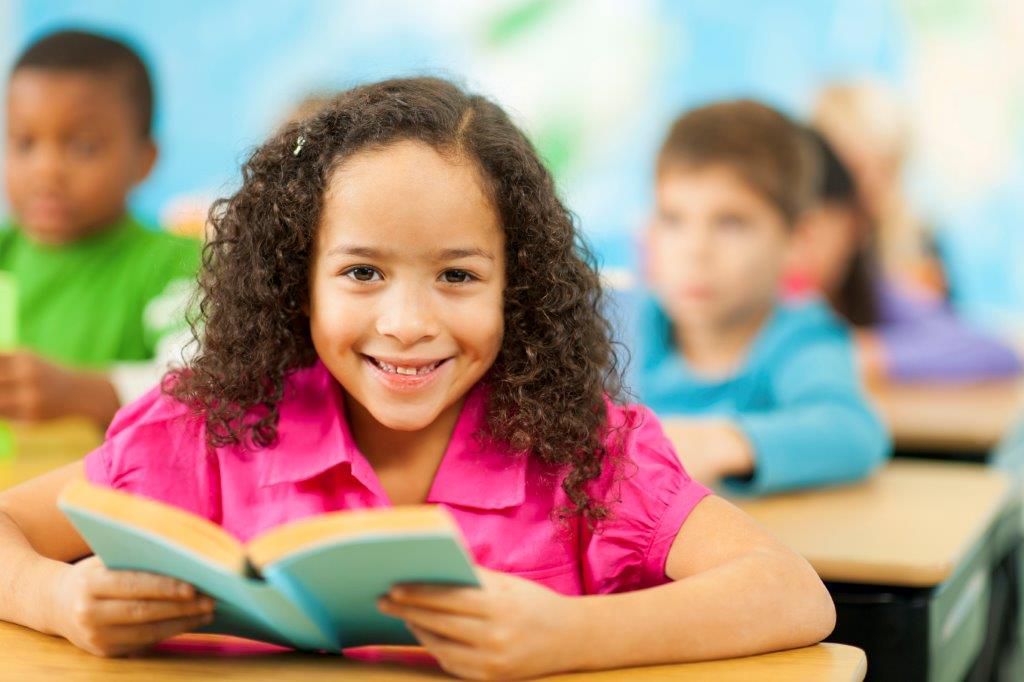 Literary reading refers to the extension reading outlook of children and enriching children with impressions from reading works.
Literary reading refers to the extension reading outlook of children and enriching children with impressions from reading works.
Analysis artwork in class literary reading can be carried out for different purposes and at different depths revealing the meaning of the text. It is necessary to teach the child to think about the work "from text to meaning”, i.e. conduct textual analysis.
Creative activities of children in the education system. Creative tasks traditionally used in elementary school reading lessons. Children should be offered two types of jobs:
- in the footsteps reading: expressive reading; graphic and verbal drawing; role reading; various types of dramatization; selection of musical excerpts, corresponding to the mood of a literary work;
- creation own works (work from the position of the author).
The result of this learning is the children's understanding of the word as the main means of creating an image in literature, mastering at the practical level the necessary literary concepts.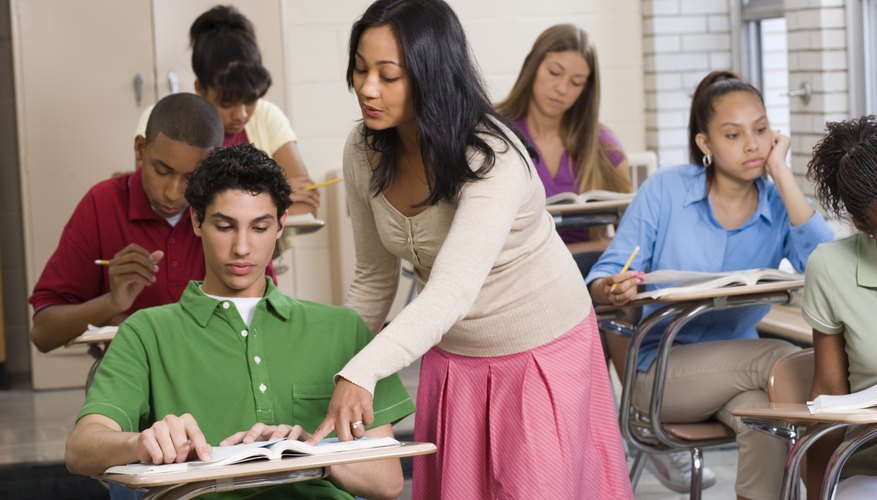
Learning variability.
Modernization modern school involves the free activity of subjects of learning in learning space. The teacher gets the opportunity to choose systems training and textbooks. And students get the opportunity to in certain educational situations to choose:
- tasks that perform;
- texts that read;
- poems that learn by heart, etc.
This system of work activates the cognitive activity of children, allows you to take into account the level reading maturity of each child.
B Currently, there are many systems of textbooks or educational and methodological complexes (programs):
- "School of Russia"
- "Perspective"
- "School 2100"
- "Primary School XXI century"
- "Harmony"
- "Perspective initial school"
- "Planet of Knowledge"
- "Initial innovation school"
- L. V. Zankov's system
V. Zankov's system
- D.B. Elkonin-V.V. Davydov system
- "School 2000..." (open UMK)
A feature of the listed programs is that they include teaching kits in several or all subjects of primary general education (for example, Russian language, mathematics, literary reading and the world around, etc.). Each program or system has its own goals, tasks, principles and features, which can be found in detail in explanatory notes
In the Federal list of textbooks recommended Ministry of Education and Science of the Russian Federation for use in educational process in educational institutions, for the 2011/2012 academic year (Order of the Ministry of Education and Science of the Russian Federation No. 2080 dated December 24, 2010 d.) in the section "Textbooks, the content of which corresponds to the federal state educational standard of primary general education" four systems of textbooks have been identified:
- Primary School XXI century"
- "Perspective"
- "School of Russia"
- "School 2100"
These systems (educational and methodological complexes - EMC) include completed subject lines of textbooks already in all primary subjects general education : Russian language, literary reading, mathematics, computer science, the world around us, technology, music, visual arts, physical education, foreign language (English, German, French, Spanish), the foundations of the spiritual and moral culture of the peoples of Russia (grades 4-5).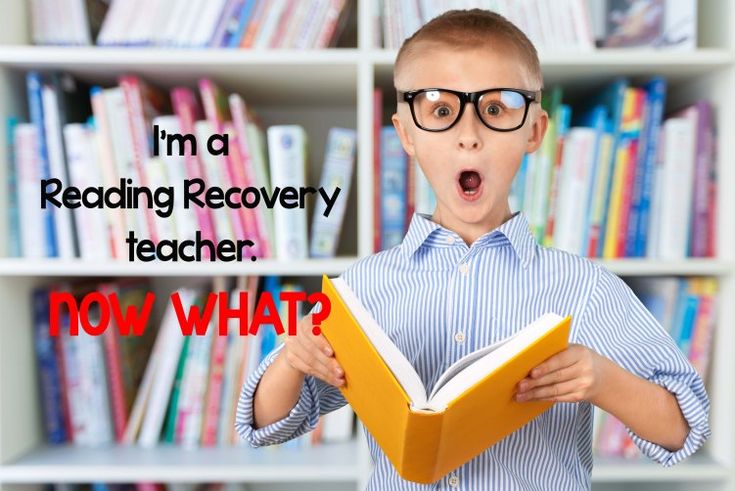
According to the program "Perspective" authors textbooks on literary reading are L. F. Klimanov, M. V. Boykina.
By program "Primary school XXI century" the authors are Efrosinina L.A., Omorokova M.I.
According to the program "School of Russia" - authors Klimanova L.F., Goretsky V.G., Golovanova M.V. etc.
By program "School 2100" Authors: Buneev R.N., Buneeva E.V
Each of these programs contains the above-described specific features of the literary reading in elementary school. I work under the School 2100 program and therefore I wanted to I would like to reveal a little the features of literary reading textbooks on this program.
General characteristics of the subject
According to EMC "School 2100 " for literary reading are used: textbooks "Literary reading" (1st grade - "Droplets of the sun"; 2nd grade - "Little the door to the big world”, in 2 hours; 3rd grade - "In one happy childhood", in 2 hours; 4th grade - "In the ocean of light", in 2 hours), as well as methodological recommendations for the teacher and "Notebooks on literary reading" for students.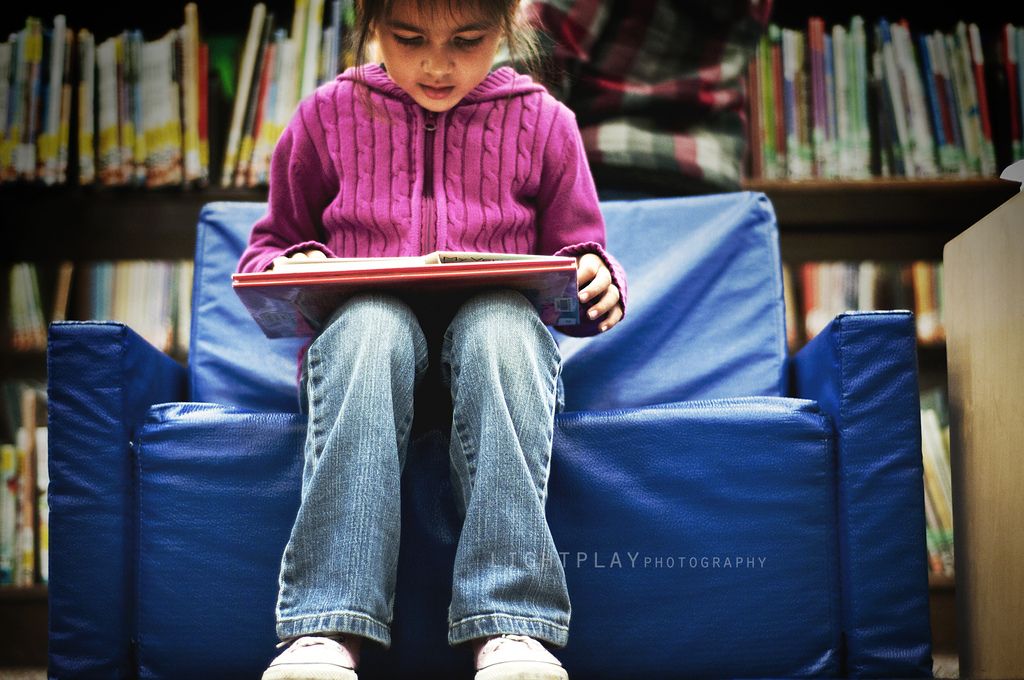
The program is based on the traditional thematic principle of grouping material, however, in the implementation this principle has its own characteristics. All textbooks are combined internally logic. Its essence is as follows.
First grader learns about himself and the world around: people, their relationships, nature; assimilates the norms of attitude to this world and behavior, action in it - through poems and short stories by modern children's writers. Children in 1st grade read about toys and games, friends, parents and children, animals and nature, learn that a person can make interesting discoveries if he learns peer into the world around him.
In 2nd grade the world that children discover expands. Reading works folklore of the peoples of Russia and the world (fairy tales, epics, riddles, songs, proverbs and sayings) and author's fairy tales, second-graders, as it were, go into a "single spiritual space” and learn that the world is great and diverse and at the same time one.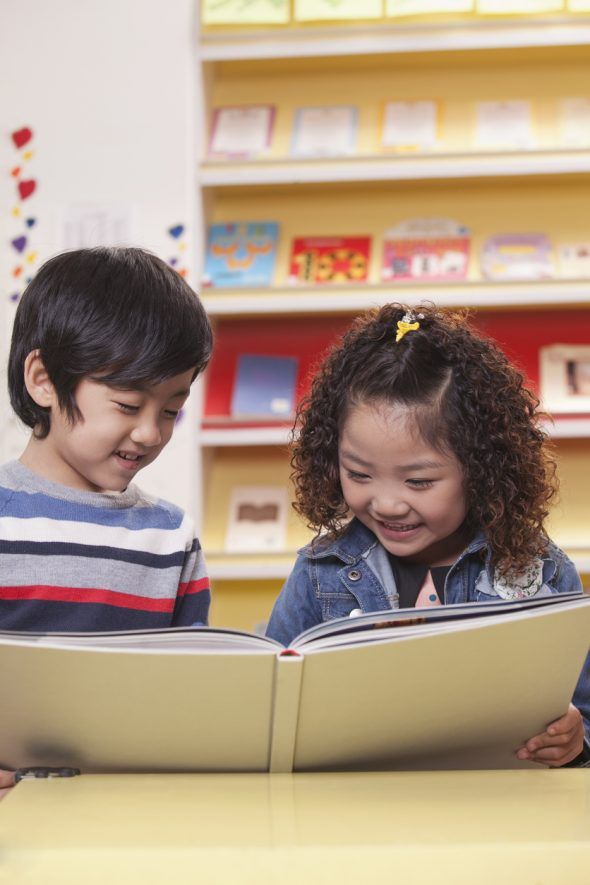
In the 3rd grade children who are already familiar with two sources of reading - folklore and modern children's literature, discover the world of literature in all its diversity and read works of children's and accessible "adult" literature different genres: short stories, novellas (in excerpts), fairy tales, lyrical and plot poems, a poem, a fairy tale play. Here they find their realization principle genre diversity and the principle of the optimal ratio of works of children's literature and texts included in the circle of children's reading from literature "adult" .
In the 4th grade children get a holistic view of the history of Russian children's literature, about writers and their heroes, about themes and genres. Textbook "In the ocean of light" - This is a course of Russian children's literature of the XVII-XXI centuries. for literary reading lessons. The texts are arranged in chronological order so that the children there was an initial idea of the history of literature as a process, about connection of the content of the work with the time of its writing, with the personality of the author and his life, about the relationship between the concrete historical and the universal.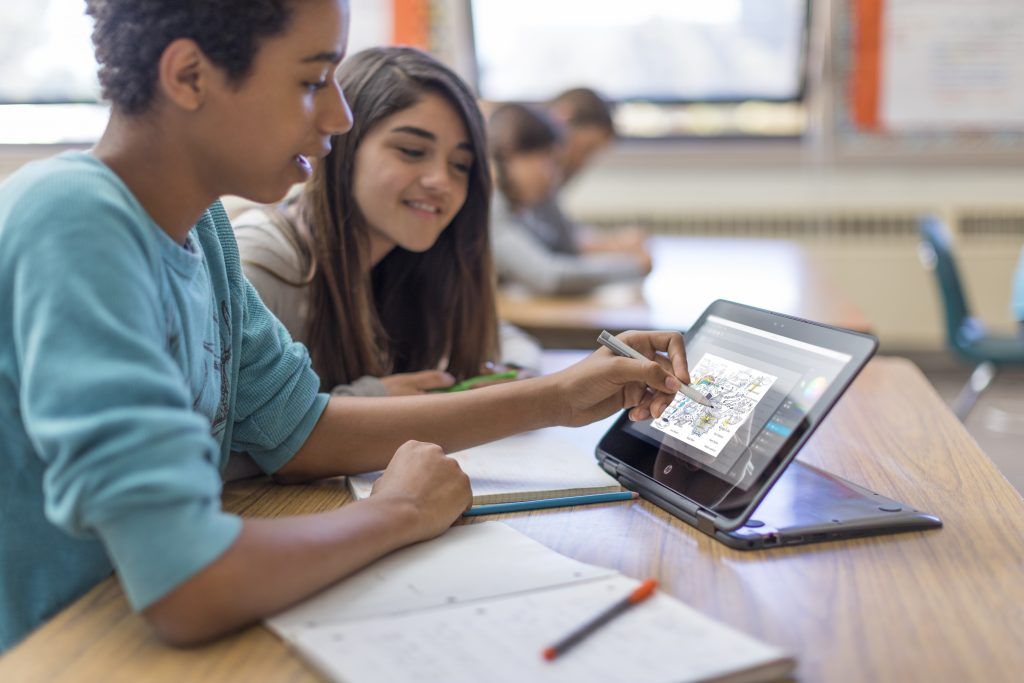 The content of the textbook "In the ocean of light", the system of questions and tasks allow repeat and systematize what was read in grades 1–4, compose understanding of the diversity of the writers' work.
The content of the textbook "In the ocean of light", the system of questions and tasks allow repeat and systematize what was read in grades 1–4, compose understanding of the diversity of the writers' work.
Interest in The very process of reading is closely related to its motivation. How to do reading motivated? In textbooks, this is achieved with the help of "cross-cutting" characters and building a system of literary reading lessons in the form heuristic conversation.
In the 1st grade first graders Katya and Vova and their friend Petya become the heroes of the textbook Zaitsev. Petya is the youngest in the class, and his friends help him: explain, answer to his questions, that is, they take the "position of the teacher", which is the best way to understand the subject of explanation.
In the 2nd grade "through heroes" of the textbook - second-grader Sasha and a fairy-tale little man Athanasius. Athanasius is a connoisseur and lover of books, he and Sasha travel to fairy tales; Sasha asks Athanasius questions, and he answers or helps to find the answer, tells, reads funny poems, songs and counting rhymes, makes riddles.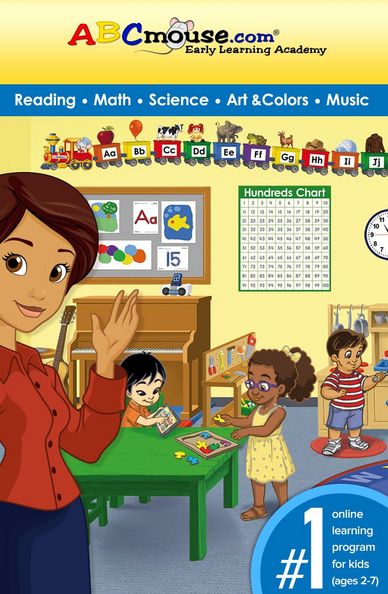 Thus, the system of literary reading lessons in the 2nd grade is travel game.
Thus, the system of literary reading lessons in the 2nd grade is travel game.
In the 3rd grade the sequence of texts and the topics in which they are combined are associated with the life of "through characters" - third-grader Nastya and her parents. Nastya together with dad reads a textbook, reflects, asks questions. And together with Nastya students read and think.
In the textbook 4th grade form of presentation of texts - dialogues of constantly acting characters - professor-literary critic Nikolai Alexandrovich Rozhdestvensky and fourth-grader twins Igor and Oli. With the help of a modern time machine, they travel through the pages of history Russian children's literature, see not only the realities of the past, but also living writers, talk to them, ask questions. The textbook contains an extensive additional material: biographical information about writers, memoirs contemporaries, excerpts from letters and diaries.
The program includes and organization of independent home reading children, and lessons extracurricular reading , the main difference of which is that on In these lessons, children do not work with a textbook reader, but with a children's book.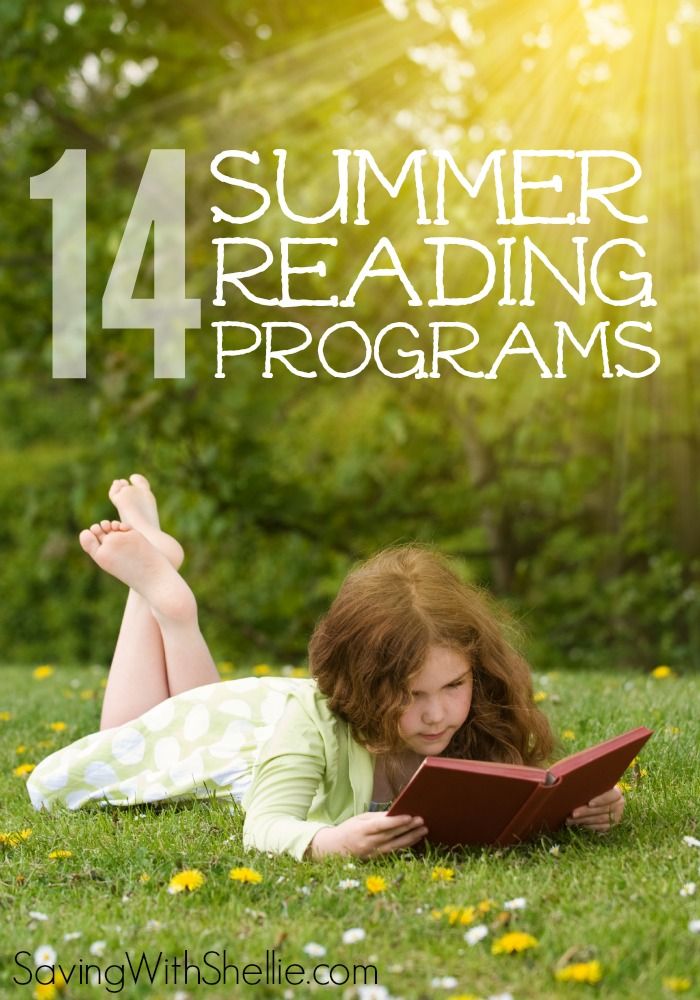 The main feature of the extracurricular reading system is that children read "within textbooks", that is, other stories or poems of the authors of this section, other chapters from the story that are not included in this section, and etc. This is how principle of holistic perception of artistic works . Extracurricular reading lessons are held after graduation work on each section. Selection of works and topics of these lessons - teacher's individual case. An example is provided at the end of each tutorial. a list of books for independent reading that can be used in the classroom extracurricular reading.
The main feature of the extracurricular reading system is that children read "within textbooks", that is, other stories or poems of the authors of this section, other chapters from the story that are not included in this section, and etc. This is how principle of holistic perception of artistic works . Extracurricular reading lessons are held after graduation work on each section. Selection of works and topics of these lessons - teacher's individual case. An example is provided at the end of each tutorial. a list of books for independent reading that can be used in the classroom extracurricular reading.
For learning by heart all poems included in textbooks are recommended, as well as small ones (from 3–4 to 7–8 sentences) excerpts of prose of the choice of the teacher. If the number and volume of poems for memorization will seem to the teacher too large, children can learn one of 2-3 poems on their own choice.
Literary reading lessons the leading one is technology of forming the type of the correct reader activities (productive reading technology) , providing formation of reading competence of junior schoolchildren.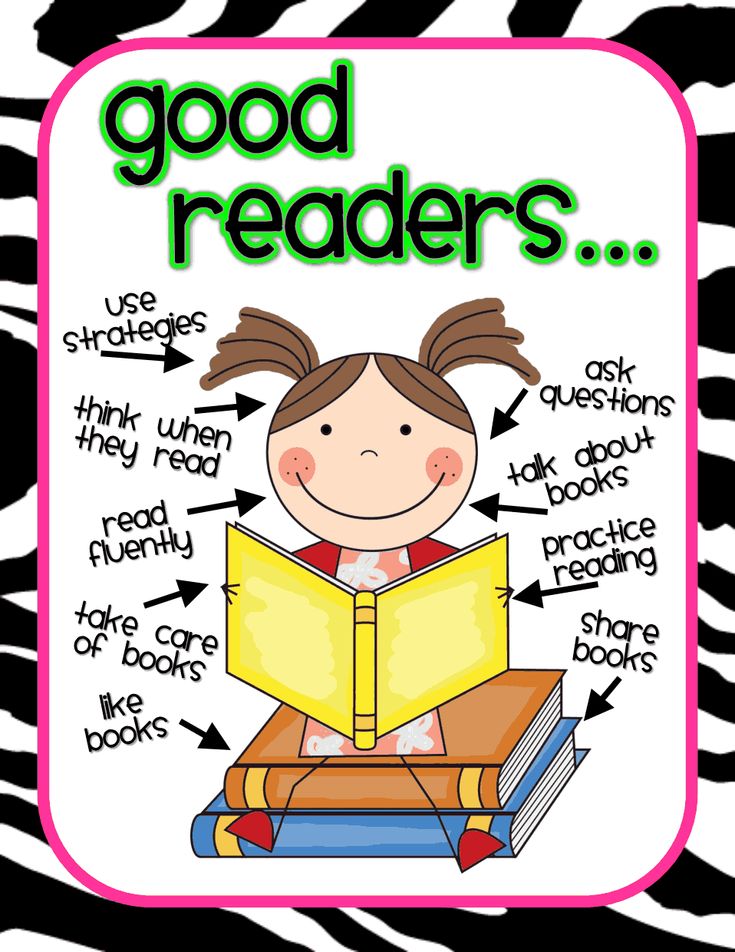
The technology includes three stages of working with text.
Stage I. Work with text before reading.
- Anticipation (anticipation, prediction of upcoming reading).
Determining the semantic, thematic, emotional orientation of the text, selection of its heroes by the title of the work, the name of the author, the key words, illustrations preceding the text based on the reader's experience. - Setting goals of the lesson, taking into account the general (educational, motivational, emotional, psychological) readiness of students to work.
Stage II. Work with text while reading.
- Primary text reading.
- Rereading text. Slow "thoughtful" repeated reading (of the whole text or its separate fragments). Text analysis (techniques: dialogue with the author through the text, commented reading, conversation on what was read, highlighting keywords, etc.
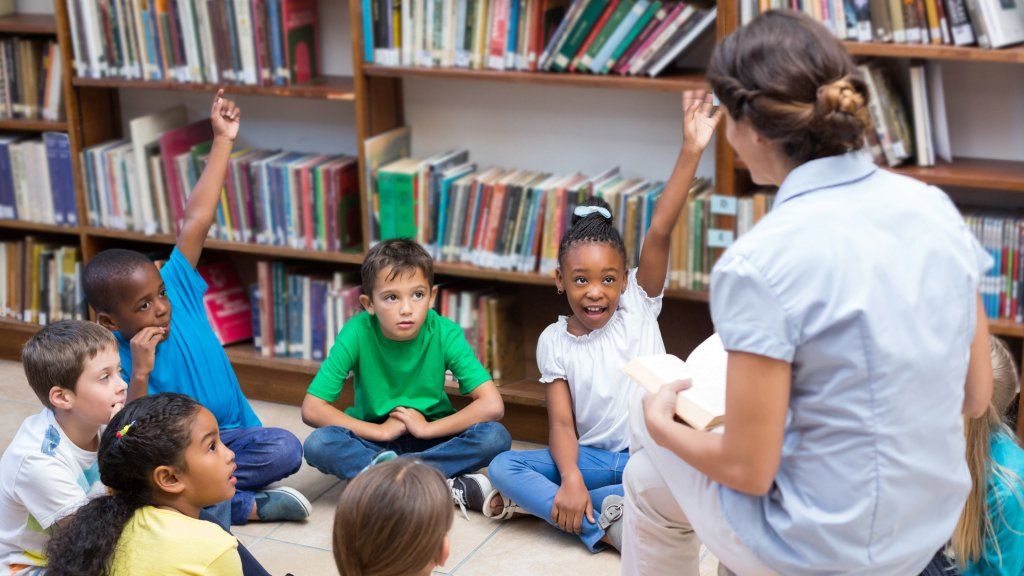 ).
).
Statement of a clarifying question for each semantic part. - Chat on content in general.
Stage III. Work with the text after reading.
- Concept (semantic) conversation on the text. Collective reading discussion, discussion. Correlation of reader's interpretations (interpretations, evaluations) works with the author's position. Identification and formulation of the main idea of the text or the totality of its main meanings.
- Introduction to writer . Story about a writer. Personality Conversation writer. Working with textbook materials, additional sources.
- Working with title, illustrations . Discussion of meaning titles. Referring students to ready-made illustrations. Correlation of vision an artist with a reader's view.
- (Creative) assignments , based on any area reading activity of students (emotions, imagination, comprehension content, artistic form).

A draft law on the introduction of unified general education programs in schools was adopted
The deputies adopted in the first reading the amendments to the Federal Law "On Education in the Russian Federation". Its authors were a group of deputies and senators of the Russian Federation.
The bill proposes to introduce federal basic general education programs (FOOP) uniform for the whole country "as a mandatory basic level of requirements for the content of general education."
For elementary schools, the document proposes to approve unified basic programs in the Russian language, reading and the outside world. Average required for applications in the event of the final adoption of the law will be programs in the Russian language and literature, history, social science, geography and life safety.
The bill also introduces a mandatory federal work program for education and a federal calendar plan for educational work.
The Ministry of Education of the Russian Federation will develop and approve the FOOP. According to the draft amendments, the MEP must be approved by March 1, 2023, and schools must switch to their implementation by September 1, 2023. At the same time, the bill retains the right for schools to develop their own educational programs, but their content and planned results “should not be lower than the corresponding content and planned results of federal basic general education programs,” the authors of the initiative point out.
In addition, for the implementation of unified educational programs, it is proposed to establish a new procedure for the development of textbooks. Thus, the state order for the development of textbooks and teaching aids will be carried out by the Ministry of Education. The department will also approve the authors of textbooks, and the exclusive rights to them will belong to the Russian Federation.
Support for schools
During the discussion of the bill Nina Ostanina, Chairman of the Committee on the Family of Women and Children Ostanina
Nina Aleksandrovna Deputy of the State Duma elected as part of the federal list of candidates put forward by the Political Party "COMMUNIST PARTY OF THE RUSSIAN FEDERATION" (KPRF faction) asked if it was planned increase funding for schools in the regions.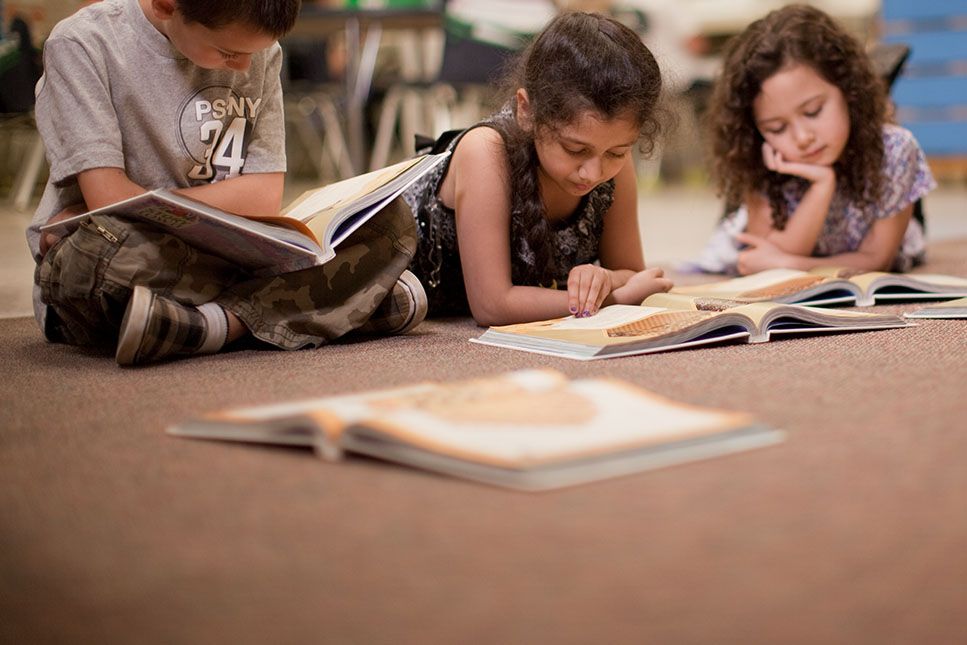
"When we are talking about schools, without the subject level the quality of education cannot be improved. Solve issues related to the material and technical base at the expense of municipalities, which are almost all subsidized, will not work, ”said Chairman of the State Duma Viacheslav Volodin Volodin
Vyacheslav Viktorovich Chairman of the State Duma of the Federal Assembly of the Russian Federation of the eighth convocation. Elected in constituency No. 163 (Saratov - Saratov region) .
Also he stressed that the personnel issue cannot be resolved without the support of the regions, given that these are problems associated, among other things, with the construction of housing, with an increase in the salaries of teachers.
“Therefore no matter how much we want, but if we only think about the quality of education, we need to transfer schools from the municipal to the regional level. This is what we are talking about. We I spoke with Sergey Sergeevich Kravtsov, he supports. But it's a question of how you understand, in the competence of the Government and ours with you. Must take amendments to the federal law,” added Viacheslav Volodin.
This is what we are talking about. We I spoke with Sergey Sergeevich Kravtsov, he supports. But it's a question of how you understand, in the competence of the Government and ours with you. Must take amendments to the federal law,” added Viacheslav Volodin.
Minister of Education Sergey Kravtsov agreed with the proposal that the transfer of schools from the municipal to the regional level would solve many problems.
"Therefore let's work on these issues together with the ministry, together with the Government, and then, perhaps, come to a solution," the Chairman suggested GD.
Discussion of the draft law
A comprehensive discussion of the draft law took place during the plenary session. Questions asked representatives of all factions of the State Duma.
Yes, in particular, Vasily Vlasov, First Deputy Head of the LDPR faction Vlasov
Vasily Maksimovich Deputy of the State Duma was elected as part of the federal list of candidates put forward by the Political Party of the LDPR - the Liberal Democratic Party of Russia and his faction colleague Sergei Leonov Leonov
Sergey Dmitrievich Deputy of the State Duma elected from constituency No.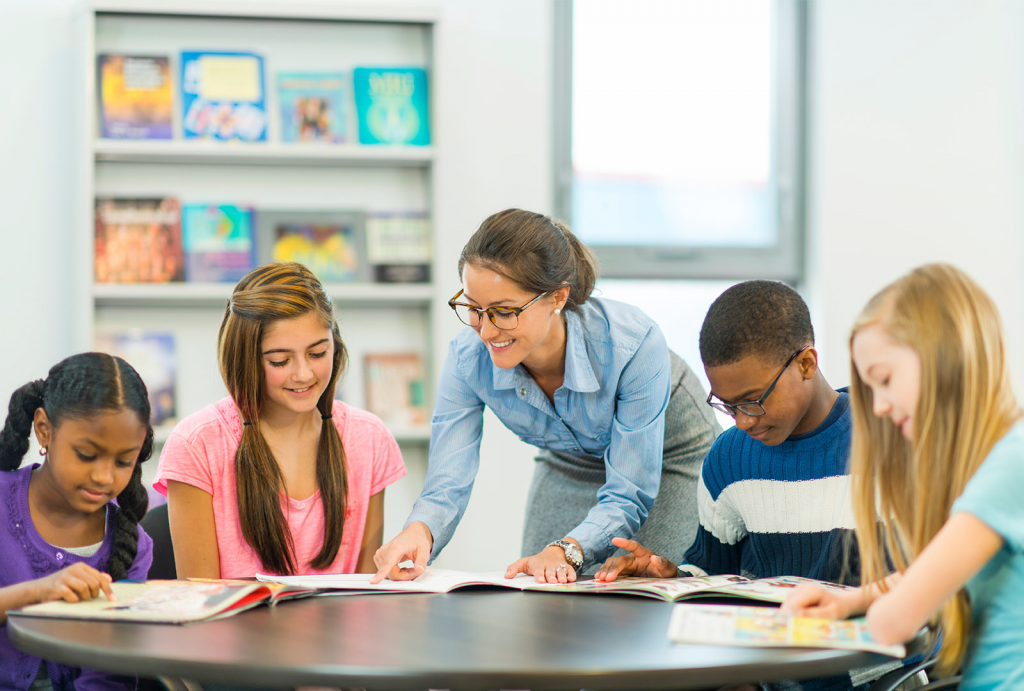 176 (Roslavl - Smolensk region) raised the topic of preparing textbooks in accordance with the unified educational programs and their availability for schools.
176 (Roslavl - Smolensk region) raised the topic of preparing textbooks in accordance with the unified educational programs and their availability for schools.
Sergey Kravtsov assured that the new procedure for developing textbooks would make them cheaper and save regional budgets. This, according to the Minister of Education of the Russian Federation, will become possible in number due to savings on royalties, since exceptional The Russian Federation will have the rights to textbooks.
"We we want to exclude the situation when references to porn sites appear in school textbooks, the blockade of Leningrad is presented as a defense, and the whole history Four pages are devoted to the Great Patriotic War,” said the Deputy Chairman of the State Duma from the United Russia faction Pyotr Tolstoy Tolstoy
Petr Olegovich Deputy of the State Duma elected from constituency No.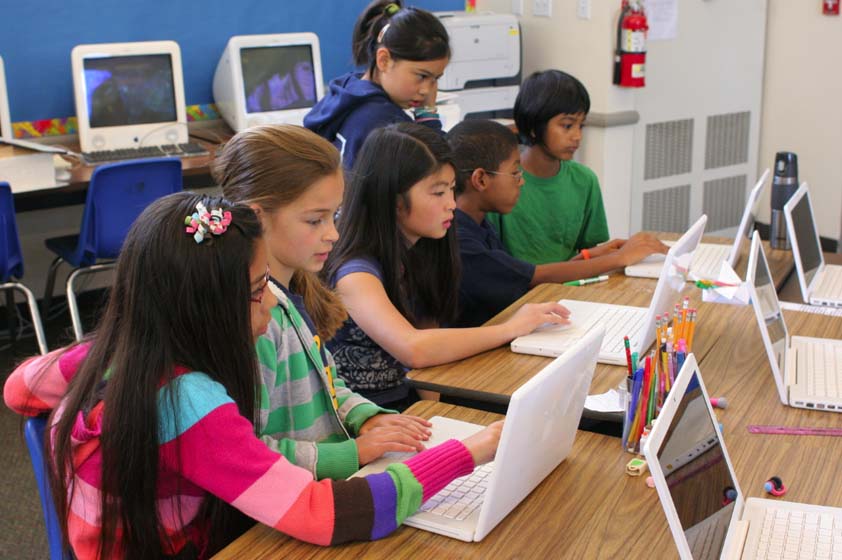 199 (Lublinsky - Moscow city) .
199 (Lublinsky - Moscow city) .
First Deputy Head of the Communist Party faction Nikolai Kolomeytsev Kolomeytsev
Nikolai Vasilyevich Deputy of the State Duma elected as part of the federal list of candidates put forward by the Political Party "COMMUNIST PARTY OF THE RUSSIAN FEDERATION" , in its turn, initiated the development of unified textbooks in all subjects.
First Deputy Chairman of the Education Committee Yana Lantratova Lantratova
Yana Valerievna Deputy of the State Duma elected as part of the federal list of candidates put forward by the Socialist political party "A JUST RUSSIA - PATRIOTS - FOR THE TRUTH" (Faction "Fair Russia - For Truth") noted that the bill returns to the best that was once in the Soviet education system.![]() According to the parliamentarian, he will become the foundation for building an educational space in Russia with uniform quality standards.
According to the parliamentarian, he will become the foundation for building an educational space in Russia with uniform quality standards.
According to Irina Yarovaya, Deputy Chairman of the State Duma from the United Russia faction Yarovaya
Irina Anatolyevna Deputy of the State Duma elected from constituency No. 45 (Kamchatsky - Kamchatsky Territory) , single educational space is a single cultural space.
"To each child, without exception, regardless of the social status of the family and material quality education must be provided,” she said. According to Irina Yarovaya, United Russia will take an active part in the preparation and review of by-laws.
First Deputy Chairman of the Committee on Science and Higher Education Ksenia Goryacheva Goryacheva
Ksenia Aleksandrovna Deputy of the State Duma was elected as part of the federal list of candidates put forward by the Political Party "NEW PEOPLE" (New People faction) drew attention to the situation with innovative and private schools, which, due to the introduction of uniform standards, may lose your identity.